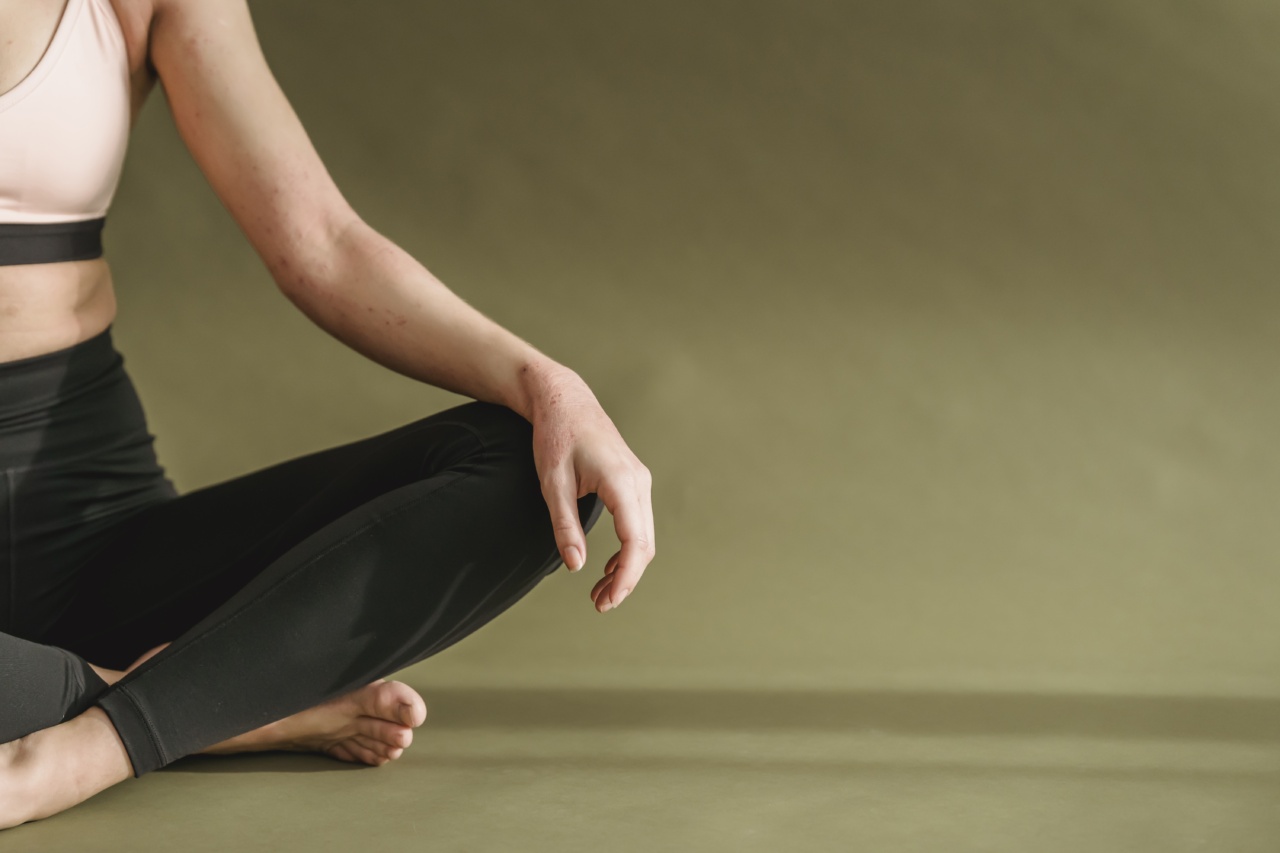Leg cramps are a common and often painful problem that is experienced by many people. They can occur at any time, whether you’re sitting, standing, or sleeping, and can be caused by a variety of factors.
If you’re experiencing leg cramps, it’s important to understand the causes and find ways to relieve the pain.
What Causes Leg Cramps?
There are several factors that can contribute to the development of leg cramps. These include:.
1. Dehydration
Dehydration is one of the most common causes of leg cramps, especially in athletes or those who are physically active. When your body is dehydrated, it can lead to an imbalance of electrolytes, which can cause muscle cramps.
2. Lack of Exercise
If you’re not getting enough exercise, your muscles can become weak and more prone to cramps. Regular exercise can help to keep your muscles strong and reduce the risk of cramping.
3. Mineral Deficiencies
A lack of important minerals, such as magnesium, potassium, and calcium, can also contribute to leg cramps. These minerals are essential for proper muscle function and can be obtained through a healthy diet and supplements.
4. Medications
Some medications, such as diuretics, can cause imbalances in electrolytes and lead to muscle cramps. If you’re experiencing cramps and are taking medication, speak with your doctor to determine if it could be a potential cause.
5. Medical Conditions
Underlying medical conditions, such as peripheral artery disease, diabetes, and kidney disease, can also lead to leg cramps.
If you have an ongoing problem with leg cramps, it’s important to speak with your doctor to determine if a medical condition is the root cause.
How to Find Relief from Leg Cramps
If you’re experiencing leg cramps, there are several steps you can take to find relief. Try the following methods:.
1. Stretching
Stretching before and after exercise or before bed can help to reduce the occurrence of leg cramps. Focus on stretching your calf muscles, as these are the most commonly affected muscles.
2. Massage
Gentle massage can help to relieve the pain associated with leg cramps and also promote relaxation. Use a firm, but gentle touch to massage the affected muscle.
3. Hydration
Drinking enough water is essential for preventing leg cramps caused by dehydration. Aim to drink at least 8 glasses of water per day and more if you are physically active.
4. Warm Bath
Soaking in a warm bath can help to relax your muscles and reduce leg cramps. Add some epsom salts to the bathwater to help relieve muscle tension.
5. Magnesium Supplements
Supplementing with magnesium can help to prevent leg cramps caused by a magnesium deficiency. Speak with your doctor to determine the appropriate dosage for your needs.
6. Calcium and Potassium Supplements
If you’re experiencing leg cramps caused by a deficiency in calcium or potassium, supplementing with these minerals can help. Speak with your doctor to determine the appropriate dosage.
7. Over-the-Counter Pain Relievers
If you’re experiencing severe pain associated with leg cramps, over-the-counter pain relievers such as Ibuprofen or acetaminophen can help to reduce pain and inflammation.
Conclusion
Leg cramps can be a common and painful problem, but there are steps you can take to find relief. By understanding the causes of leg cramps and taking appropriate steps to prevent them, you can reduce your risk of experiencing painful cramps.
If you have ongoing problems with leg cramps, speak with your doctor to determine any underlying medical conditions that may be contributing to this problem.































